Bulgaria: GERB wins EU ballot
The newly-founded party GERB emerged as the surprise winner in Bulgaria’s first election for the European Parliament.
Tuesday, 22.05.2007.
09:31

Bulgaria: GERB wins EU ballot
Bulgaria’s 18 seats in the parliament will be distributed among five parties: GERB (Citizens for the European Development of Bulgaria) received 21.68 per cent of the vote; the Bulgarian Socialist Party, BSP, 21.40; the Movement for Rights and Freedoms, DPS, 20.25; the National Union Attack, Ataka 14.20; and the National Movement Simeon the Second, NDSV, 6.27.According to preliminary results, GERB and the BSP will get five seats each, DPS four, Ataka three and NDSV one.
GERB was founded only at the end of 2006 and these were its first elections. The election results came as a surprise, as previous polls had placed the BSP in the lead, followed closely by GERB, with the DPS lagging in third place.
But domestic political developments in recent weeks, including a corruption scandal and high profile murder case, caused a fall in support for the BSP, the leading party in the ruling coalition, analysts say.
“We represent a real alternative as a political party in centre right,” Tsvetan Tsvetanov, GERB’s deputy head, said on Sunday night, when results became clear.
Its opponents criticised the party for lacking a clear platform and political orientation. GERB plays “left with the left [parties] and right with the right”, said the prime minsiter and BSP leader Sergey Stanishev at the press conference.
This sentiment was echoed by some political commentators, while others, such as Ivaylo Dichev, Professor of cultural anthropology at Sofia Universty St. Kliment Ohridsky, called GERB “the new right”.
The DPS, the second partner in the ruling coalition which traditionally represents Bulgaria’s ethnic Turkish minority, received substantial support, despite the recent law which required voters to have resided in Bulgaria or another EU state for a certain period before the elections.
In practice, it deprived the DPS of the 100,000 votes, which it would have received from the Bulgarian Turks living in Turkey.
“We still don’t know what kind of a political alternative GERB is,” political analyst Ivan Krastev said on Sunday night. However, many commentators agreed that the results send a strong signal on the one hand to the ruling coalition, whose parties came in second, third, and fifth place, and on the other to the fragmented parliamentary opposition parties that did not receive enough votes for even a single MEP representative.
Sunday’s elections were marked by a low voter turnout, under 30 per cent, compared to other national parliamentary and presidential elections. This was attributed to low interest levels, a lack of information, and even the pouring rain on Sunday.
Analysts, however, were quick to point out that it was similar to the voter turnout for the first European parliamentary elections in the ten states that joined the EU in 2004.










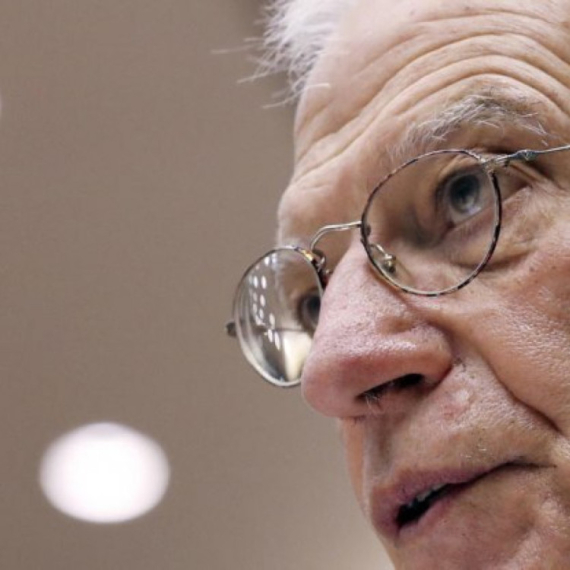

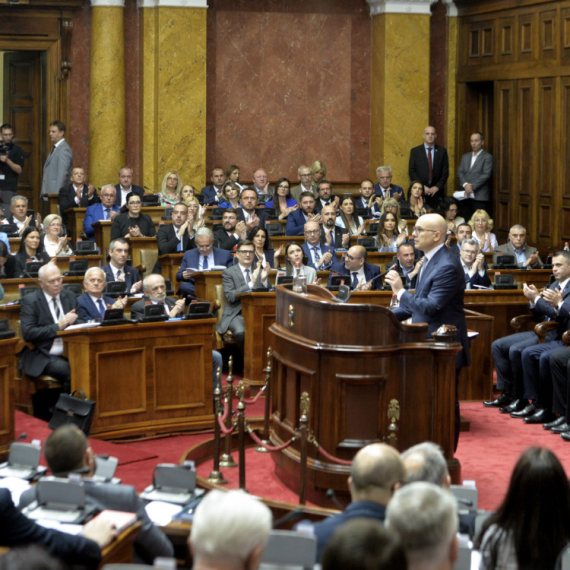

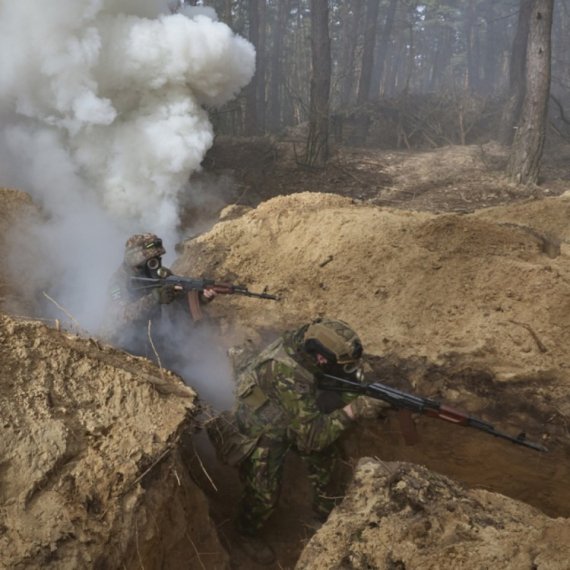

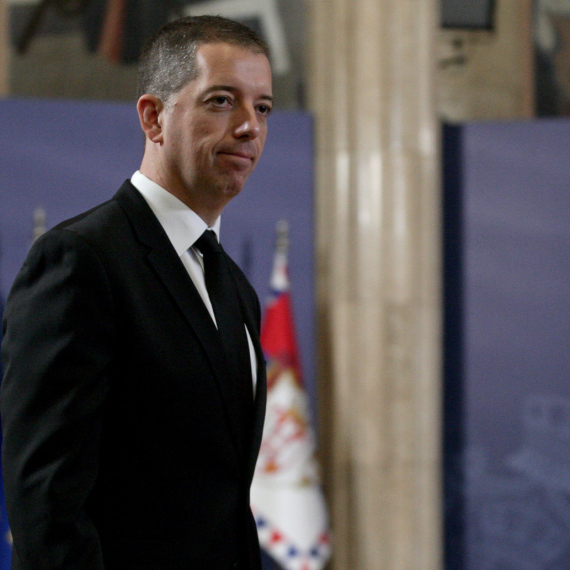





























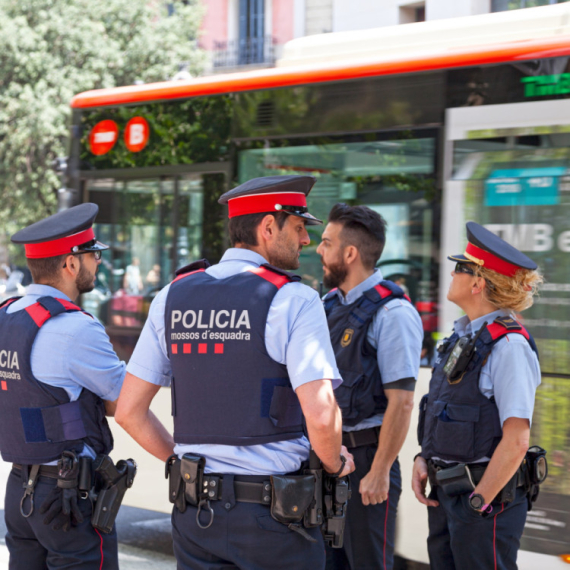




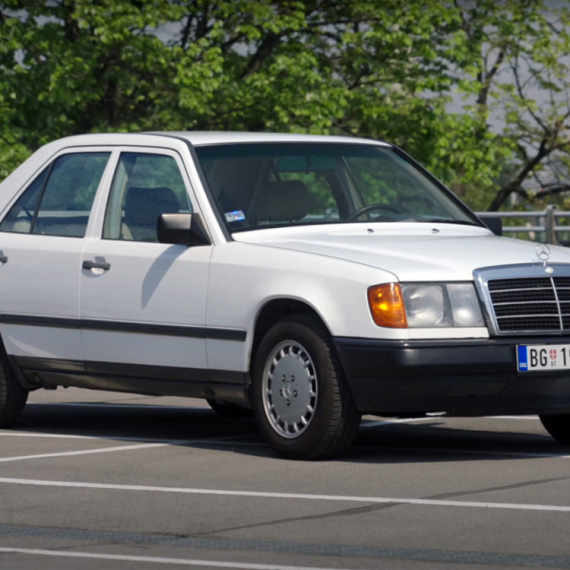
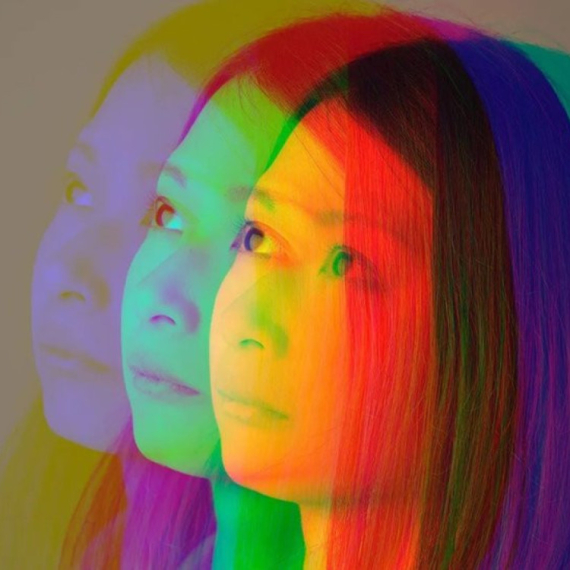

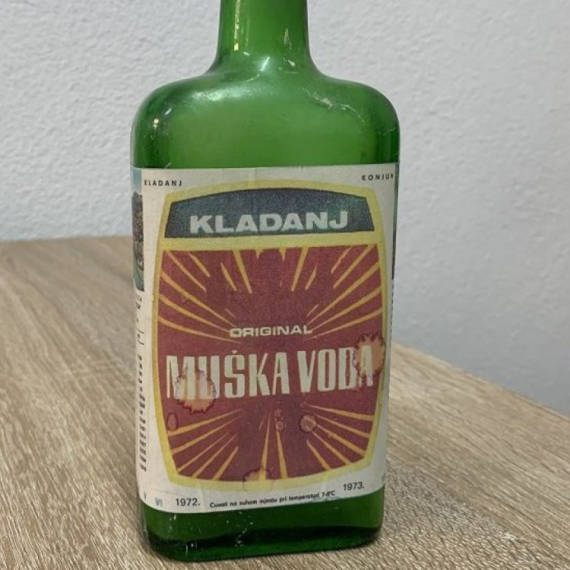
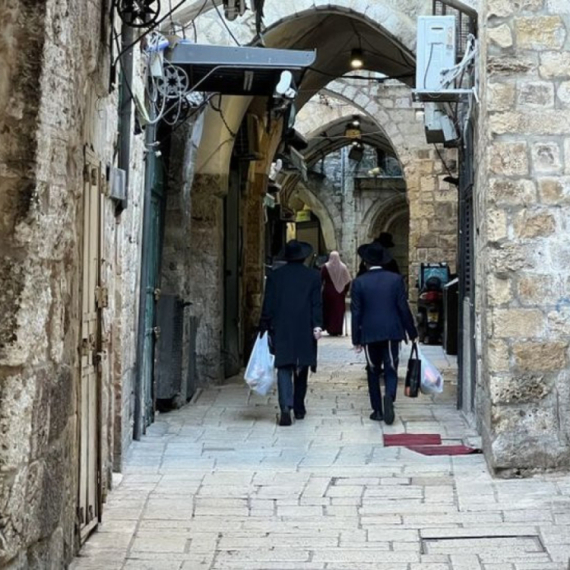


Komentari 0